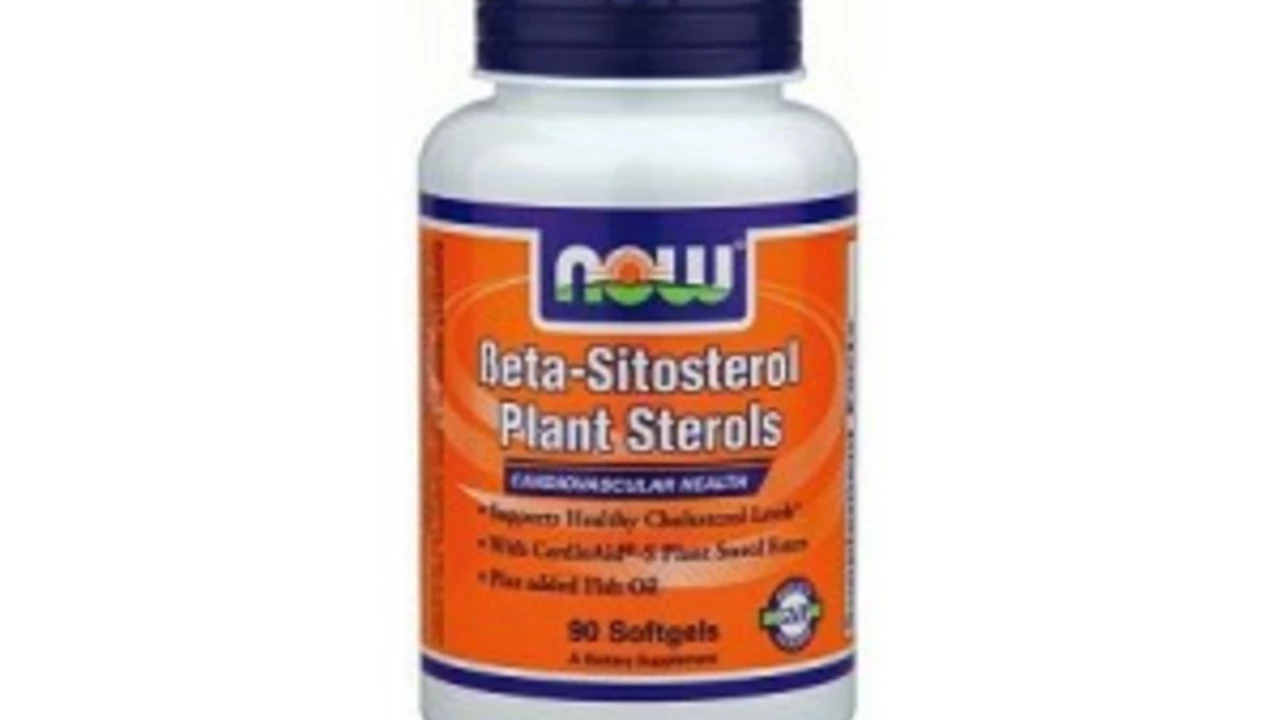Secret Ingredient: What It Really Means for Your Meds and Supplements
Ever bought a supplement or ordered medicine online and wondered, "What's actually in this?" The term "secret ingredient" gets thrown around a lot. Sometimes it means a harmless proprietary blend. Other times it covers undeclared stimulants, extra drugs, or allergens. Knowing the difference keeps you safe and helps you choose products that work.
Medications usually list the active ingredient by its generic name — like cetirizine in Zyrtec or pantoprazole in Protonix. These are clear and regulated. The trouble shows up with supplements, online pharmacies, or products labeled with vague phrases like "proprietary blend" or a single botanical name without specifics. That’s where hidden ingredients hide.
How to spot hidden ingredients
Read labels like a buyer who cares about their health. Look for the generic or INN (International Nonproprietary Name) of active drug ingredients. If you see a brand name only, search the product online to find the generic. For supplements, check the full botanical name (genus and species) and whether the extract standard is listed — e.g., "Sceletium tortuosum extract, 3% mesembrine." If there’s no detail, treat the product as suspicious.
Be wary of "proprietary blends" that hide exact amounts. If an energy or weight-loss product lists a long blend but not the milligrams, you can’t know how much of each ingredient you’re getting — and that hides risk. Watch for extra active drugs sneaked in to make results look better. That happened in some herbal weight-loss and sexual-health products in the past.
Quick rules for safer choices
Buy from reputable sources. For prescriptions, pick pharmacies with clear contact info and certifications — and double-check prices that look too good to be true. For supplements, prefer brands that show third-party testing from USP, NSF, or ConsumerLab. Those test results often confirm ingredients and rule out contaminants.
Check for allergens and excipients. Many pills use fillers like lactose, soy, or gluten. If you have allergies, those matter as much as the active ingredient. Also look at dosing: if a product claims very high doses without clinical backing, that’s a red flag.
When in doubt, ask a pharmacist or your doctor. Bring the label or a product link. Pharmacists can translate ingredient lists and warn about dangerous interactions — for example, antidepressants mixed with certain herbal supplements can cause real problems.
Want practical next steps? Start by comparing the product label to a trusted source: drug databases, PubMed summaries, or official guidelines. If the label is vague or the seller avoids specific answers, move on. Your health is worth clear, honest ingredients.

Beta-Sitosterol: The Secret Ingredient to Boost Your Immune System and Improve Heart Health
In my latest research, I've discovered an exceptional ingredient called Beta-Sitosterol, a plant sterol with extraordinary health benefits. Incorporating this element into your diet can work wonders for your immune system, enhancing its function and helping you stay healthy. But that's not all - Beta-Sitosterol also holds the potential to improve your heart health, offering a lower risk of heart disease. In a nutshell, this secret ingredient offers a two-in-one health boost, improving your immunity and cardiovascular health simultaneously. So, if you're looking to revamp your health regime, Beta-Sitosterol could be the secret ingredient you've been searching for!
July 26 2023